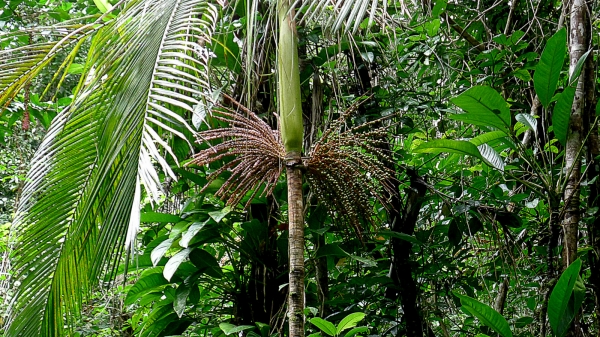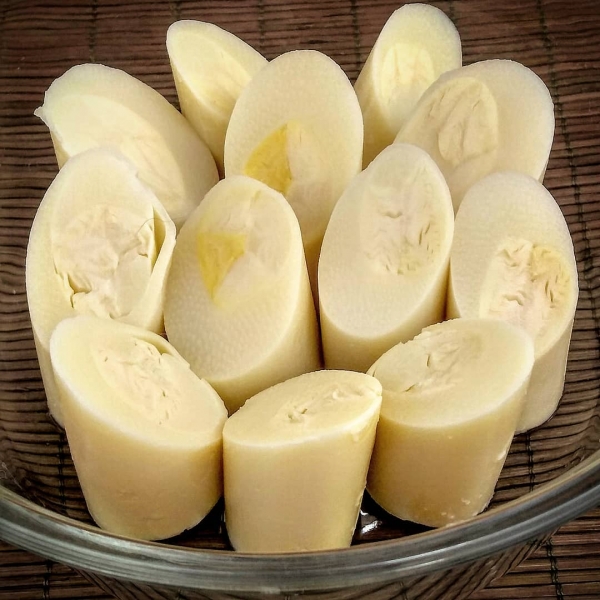Palm - Jucara
Euterpe edulis$19.75 ($19.75-$59.00 choose a size)
Specifications of Palm - Jucara
Preferred Climate Tropical, SubtropicalLearn About Climate Zones
Grown From SeedlingLearn About Propagation Methods
Max Height (when in the ground with good conditions) 5-10m
Plants required to Pollinate 1 (Self Pollinating)Learn about Pollination
Can it Handle Frosts? Sometimes
Amount of leaves in Winter? All Leaves (Evergreen)
Water Requirements Moderate Watering
Is it a Dwarf Fruit Tree? No (Full Size)
Time to Fruit/Flower/Harvest 5+ Years
Sun or Shade Full (Sun:80%-100%), Part (Sun:50-80%)
Preferred Soil Type Good Drainage
Soil pH Neutral (6.6-7.3pH)
Create a Filter to find similar plants


















